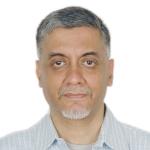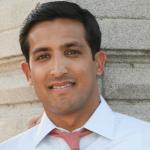Rethinking Undergraduate Education in the IITs

The Indian Institutes of Technology (IITs) were founded almost five decades ago with the objective of providing technological leadership to a new and resurgent India, driven by Nehru’s deep commitment to science-led development. Whether they provided technological leadership to India or not remains debatable given the large numbers of their (under) graduates who have migrated abroad or have shifted to non-technical careers.




